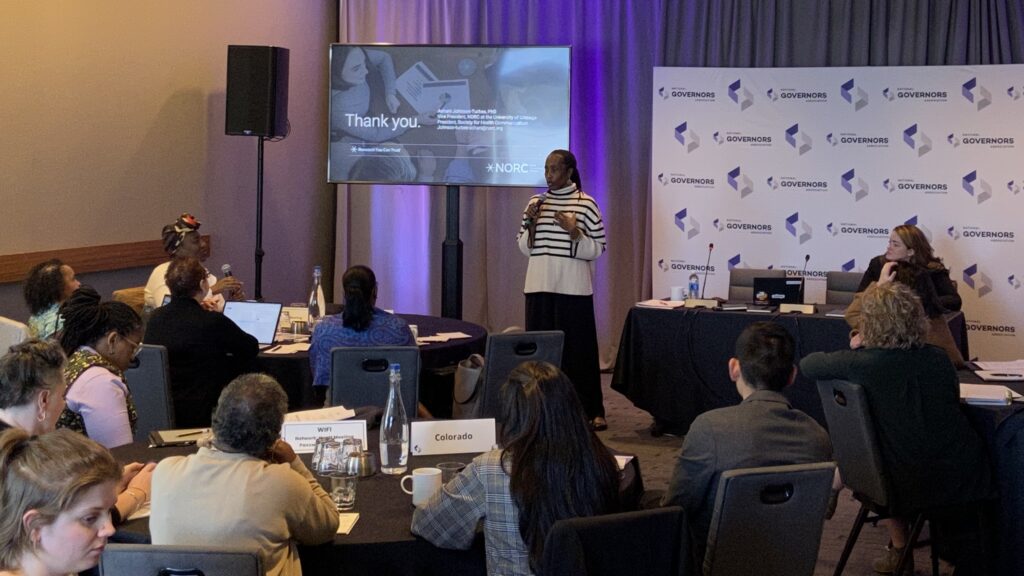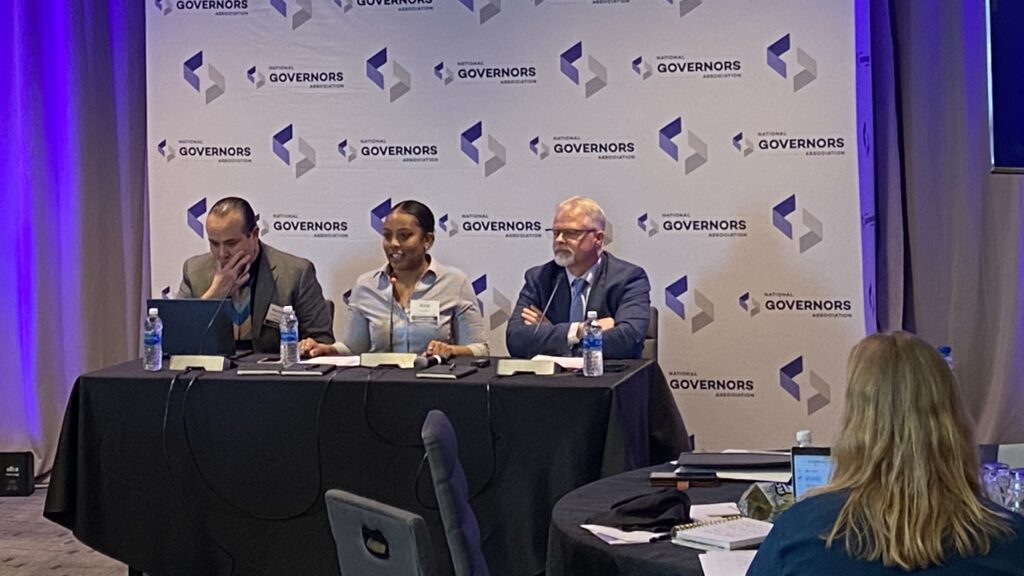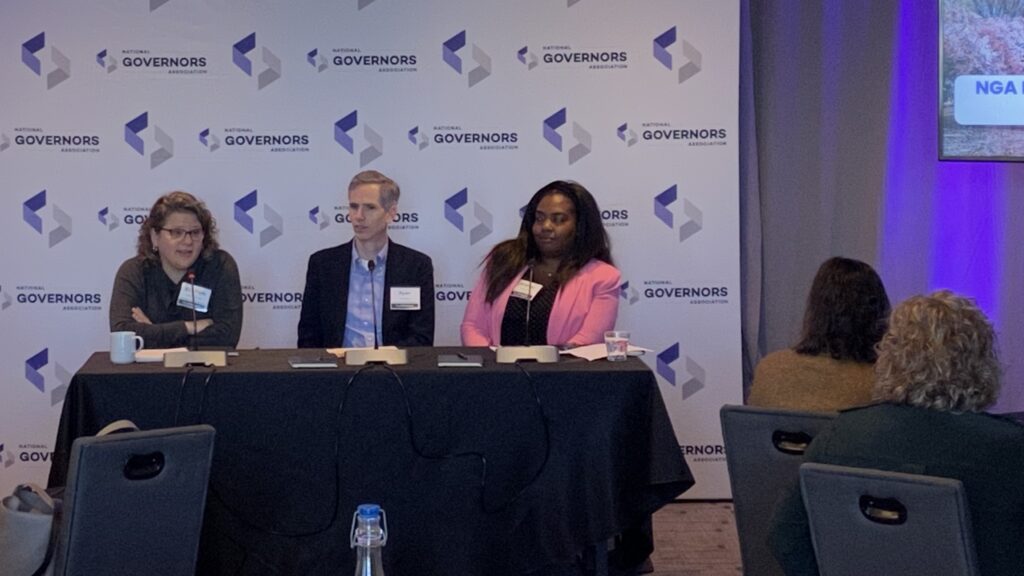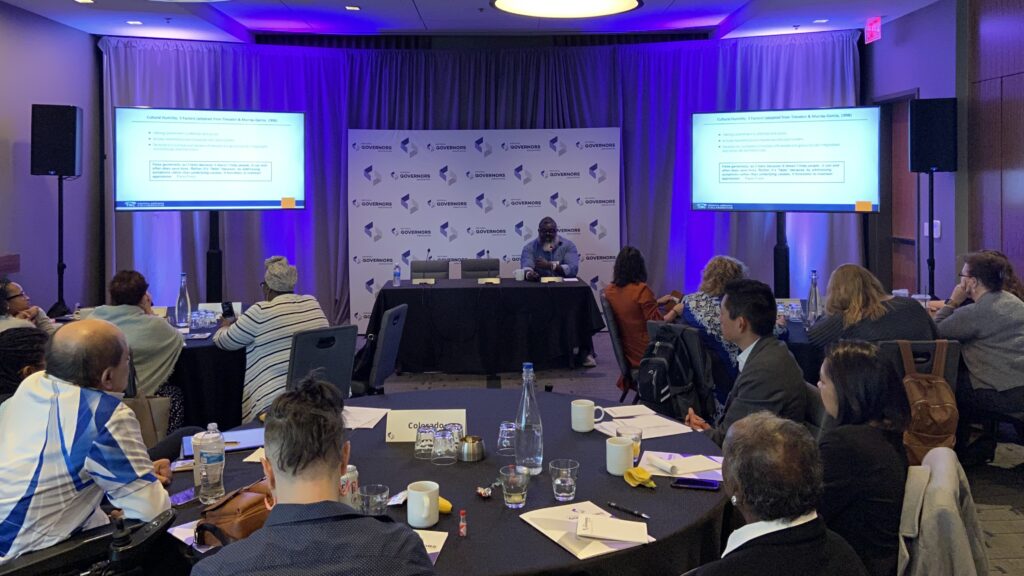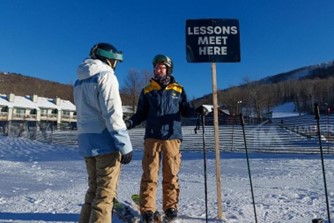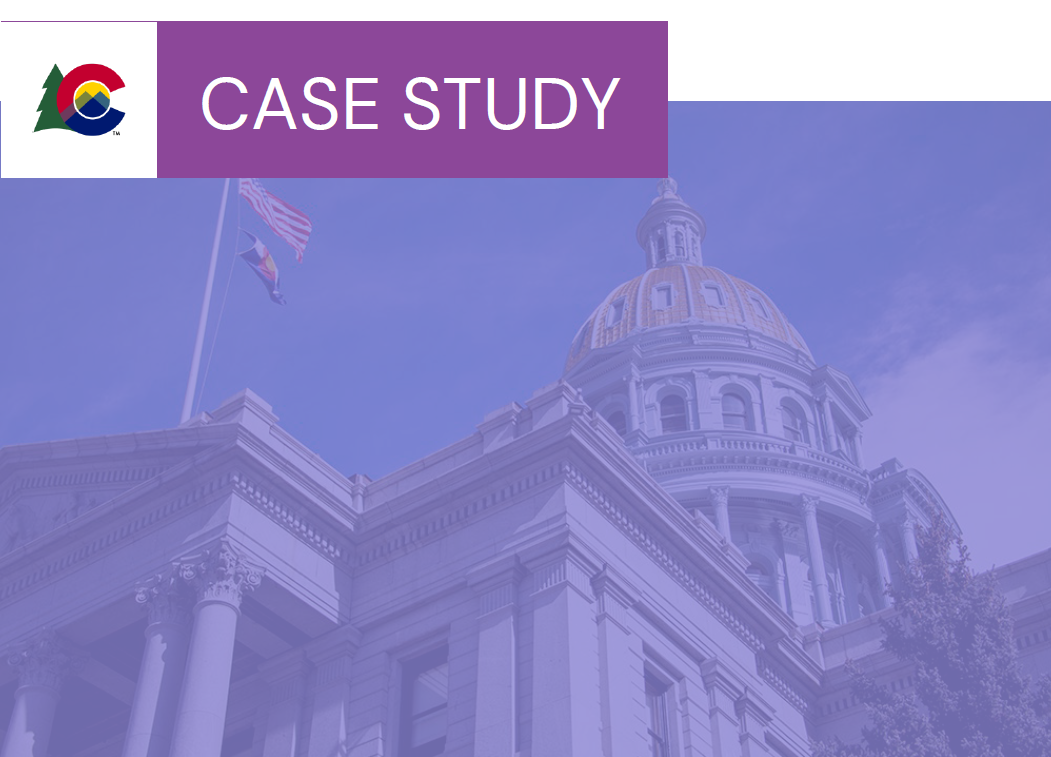With support from the Robert Wood Johnson Foundation (RWJF), the National Governors Association Center for Best Practices (NGA Center) launched a Health Equity Learning Network to explore policy solutions and support peer learning to reduce health disparities. Participating state and territory teams will develop strategic action plans and receive support from policy experts to advance their Governors’ health equity goals. Specifically, the learning network is focused on state and territory best practices related to health equity policy across several populations, including people with disabilities, historically marginalized racial and ethnic groups, and rural communities. Participating states and territories include Colorado, Wyoming and the U.S. Virgin Islands.
The learning network builds on the NGA Center’s work with a cohort of states and territories in the past year. In 2023, the NGA Center hosted an in-person roundtable to explore policy solutions.
The new learning network kicked off with a meeting in Tysons Corner, Virginia, March 11-12. The meeting convened the network teams to engage in peer networking and learning, hear about innovative health equity policies, and begin development of an action plan specifically tailored to the state’s or territory’s needs. After hearing from NGA leadership and RWJF, attendees heard from several subject matter experts. Dr. Ashani Johnson-Turbes from NORC at the University of Chicago spoke about health equity terminology and communication strategies. Dr. Bonnie Swenor, Franz Castro and Caroline Cerilli with the Johns Hopkins University Disability Health Research Center led a discussion about using disability data to advance health equity. In a discussion moderated by Lamar Polk from the Technical Assistance Collaborative (TAC), Dr. Sabrina Selk from the National Network of Public Health Institutes presented ways states and territories can use data to support health equity goals. Kevin Martone from TAC and Iisaaksiichaa Braine from the Washington Office of Equity shared considerations for supporting health equity and health care access for rural communities. Dr. LaMont Green from TAC shared strategies to engage people with lived experience intentionally so state approaches and policies reflect community needs. To close out the meeting, the state and territory teams engaged in facilitated action planning to define near-term goals and next steps.
The next phase of this project will include virtual convenings to foster peer learning and engagement with subject matter experts. Participating states and territories will also receive technical assistance and support in developing state/territory action plans to address Governors’ top health equity goals.
The NGA Center looks forward to continuing to support this important work on behalf of Governors. For more information, please read the recently published brief, Leading State Approaches and Communication Strategies to Support Health Equity, summarizing findings identified through the project.

